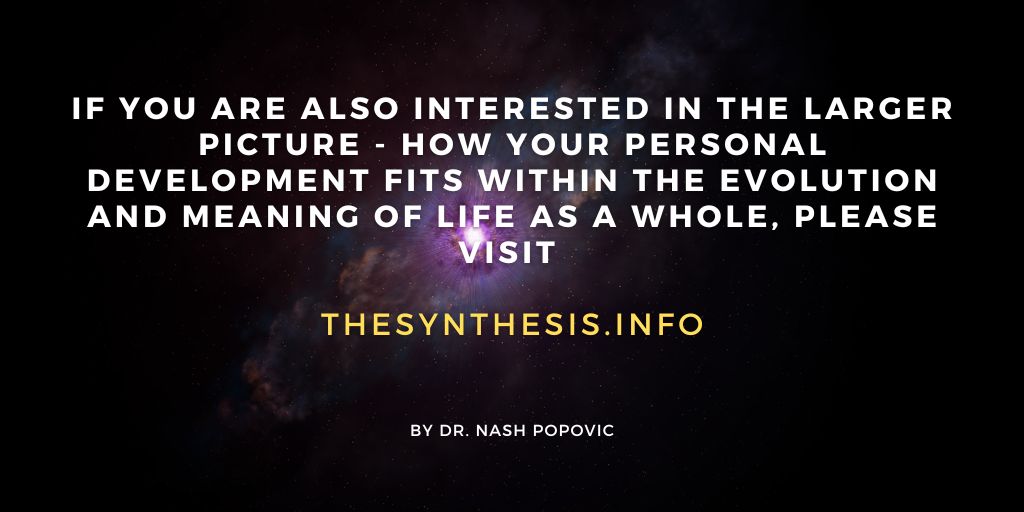38. Gratification
I can resist everything except temptation.
Oscar Wilde (Irish poet and playwright)
Time delay: experiment with delaying gratification for a certain period of time (e.g. 15min). The most effective strategy for this is diverting your attention to something else. Imagine your desire has been fulfilled; what will you be doing or thinking then? Focus on that. If you make 15min, try next time to extend the time delay. If it happens that you give in to temptation, at least take responsibility and do it with full awareness to maintain some control.
Gratification is important for our psychological and physical equilibrium. However, gratifying some desires or the way we do so may not actually be desirable. Furthermore, immediate gratification is not always appropriate. So, being more in charge of this aspect of your life can make a big difference.
Gratification control
Allowing the urge for gratification to control us has many negative consequences (e.g. reduced freedom, distorted priorities, disregard for others). As external and internal factors can be implicated in this, we need to maintain some control over both:
- Circumstances: our gratification urge can be affected by circumstances or others. Stable availability and proximity (not available, easily available and always available) do not add to a desire. However, uncertain availability and proximity can intensify (only already existing) desires, which makes it harder to remain in charge. For example, if somebody you desire is not available at all, easily available or always available, your desire is likely to stay the same or even decrease. This is because, in the first case, you give up on them sooner or later, and in the latter cases, you can satisfy your desire before it builds up. However, if that person is close and then distant, is sometimes available and sometimes not, your desire may intensify. If you want to remain in charge, you need to refocus. For example, rather than just waiting with anticipation, prepare that what you wish for may not happen and get on with life.
- Internal state: greater control is secured if you are fully aware of what you are doing and why. So remember to step back for a moment just before you plunge into satisfying your desire. As well as a sense of control, this will also give you some time to check if you really want that and to what extent.
Moderation
Moderation is an important part of gratification control. It means avoiding extremes, being able to sense when enough is enough and stop. Gratification itself rarely causes problems, but excesses often do. They are a sign that you are not in charge in these situations. Even positive features, when taken to an extreme, can become negative: politeness can become servility, assertiveness aggression, and so on. Pleasure too ceases to be a real pleasure when pushed too far (in effect, the quantity destroys the quality). This is why moderation is natural, while an excess usually indicates an underlying issue: a self-destructive tendency (see Relating to Oneself, and Self-Discipline), trying to prove something to others or oneself, insecurity, dealing with the past, compensation for an unacknowledged need, or a compulsive response to denial or suppression (see below). Check if any of these apply to you, but overkill can also be simply a result of inertia. The following can help if this is the case.
Reconnecting with moderation
- Slow down: the brain receives a message that you have eaten, for example, a few minutes after your last bite, so you can still feel hungry although you are actually full (for alcohol, it is about 30min). So, if you still want more after the third slice of pizza, have a break and see if you still feel hungry later.
- Check: when tempted to go over the top, check if more is really better by asking yourself, ‘Why do I need more of…?’ ‘Would taking more of/continuing with… be really worth it?’
- Notice: especially when excited or preoccupied, we tend to act on auto-pilot (you can be snacking without even noticing it). Try to spot when it happens, stop for a moment, and ask yourself if you really want to go with it. If not, relax, breathe out temptation and breathe in resistance and an affirmative view of yourself and your life. You should quickly be in charge again. To give yourself a fair chance to notice, make mindless actions more difficult (e.g. keep tempting items in hard-to-reach places such as a top shelf or back of the fridge).
Delaying gratification
It is not always possible, appropriate or convenient to satisfy our desires straightaway (a desire to relieve oneself is a simple example). The ability to delay gratification seems central not only for this area but for success in general. Research shows that early mastery of this ability has a far-reaching impact on competence, confidence, effectiveness, self-assertiveness and coping [i]. It also increases a sense of self-control and autonomy. For instance, in the famous marshmallow experiment [ii], kids were given a marshmallow. They had a choice to eat it immediately or wait for a while, in which case they would get another. Follow-up studies demonstrated that those who were able to delay gratification were more competent and successful years later. This was a better indicator of future success than many other factors. We should not be surprised by these results. What successful sportspeople, artists or scientists have in common is the ability to delay immediate gratification for the sake of a greater one in the future. With some practice, anybody can develop this ability.
Time delay: experiment with delaying gratification for a certain period of time (e.g. 15min). The most helpful hint for this is diverting your attention to something else. If you make it, try next time to extend the time delay. If it happens that you give in to a temptation, at least take responsibility and do it with full awareness to maintain some control.
Desisting gratification
Giving always in to desires limits our freedom and can be harmful – we need to be able to resist them when we want to. However, suppressing can create inner conflicts and lead to excesses to compensate for what has been ‘missed’. To avoid this, it is not enough to refrain from doing something – you need to get rid of the desire to do it too. This requires reprogramming your mind. Choose a desire to desist, and check first if there is a real need behind it (see Desires). If there is, you may have to consider a better way to satisfy that need. Then, try the following:
Reprogramming your thinking and feelings:
- Challenge thoughts that encourage your desire (e.g. ‘I need a cigarette to calm down… Is it true? What else can really help me to calm down?’)
- Use positive images about yourself (e.g. being strong) and negative images about the object of your desire (e.g. all the chemicals put into ultra-processed food).
- Associate a desire with unpleasant rather than pleasant feelings (e.g. tobacco industry had programmed people to smoke by making it look cool; you can reverse it: smoking smells and tastes bad and is not cool)
Until reprogramming takes hold fully, you need to prepare for tempting situations. This 3-steps strategy can help:
- Prepare: when we are bored, nervous, stressed or down, it is tempting to turn to snacking, smoking, or drinking to feel better. However, this makes us feel even worse when their effect wears off! So, have a plan for such situations (e.g. “If I get stressed/bored, instead of resorting to… I will…”).
- Make your surrounding an ally: at least temporarily remove yourself from tempting situations (e.g. hanging out with smokers if smoking is your issue) and remove items that remind you of the temptation (e.g. ashtrays). Also, ask those who are willing to support you and make a resolution to say no to those who would rather tempt you.
- Push back: if tempting thoughts enter your mind, remember tomorrow (negative consequences), immediate benefits (feeling in charge), as well as future ones (e.g. to be fit and healthy). Then, do something you like, if only for a few moments (stretch, dance, play, watch something, have a chat).
[i] See Goleman, D. (1995) Emotional Intelligence. London: Bloomsbury, p.80-83.

